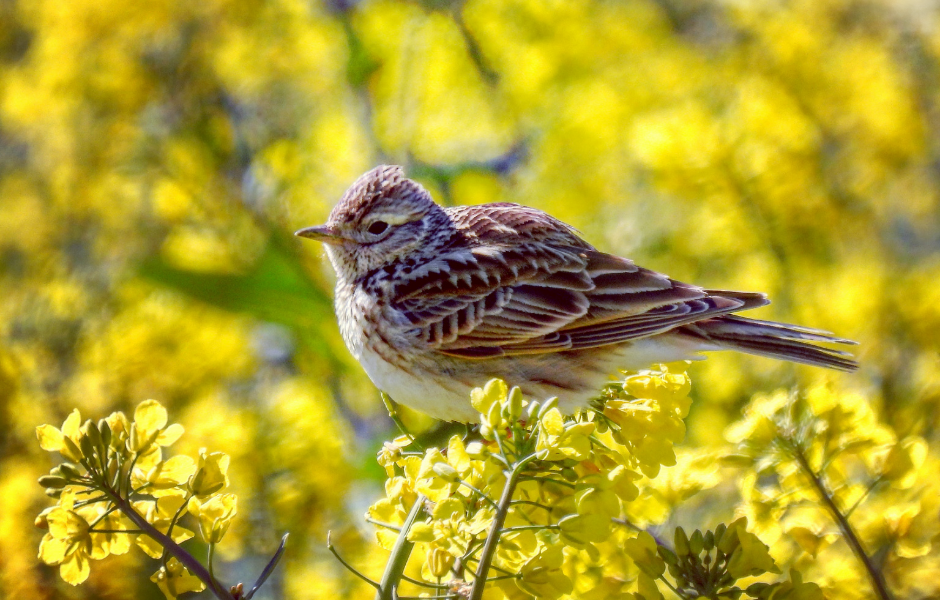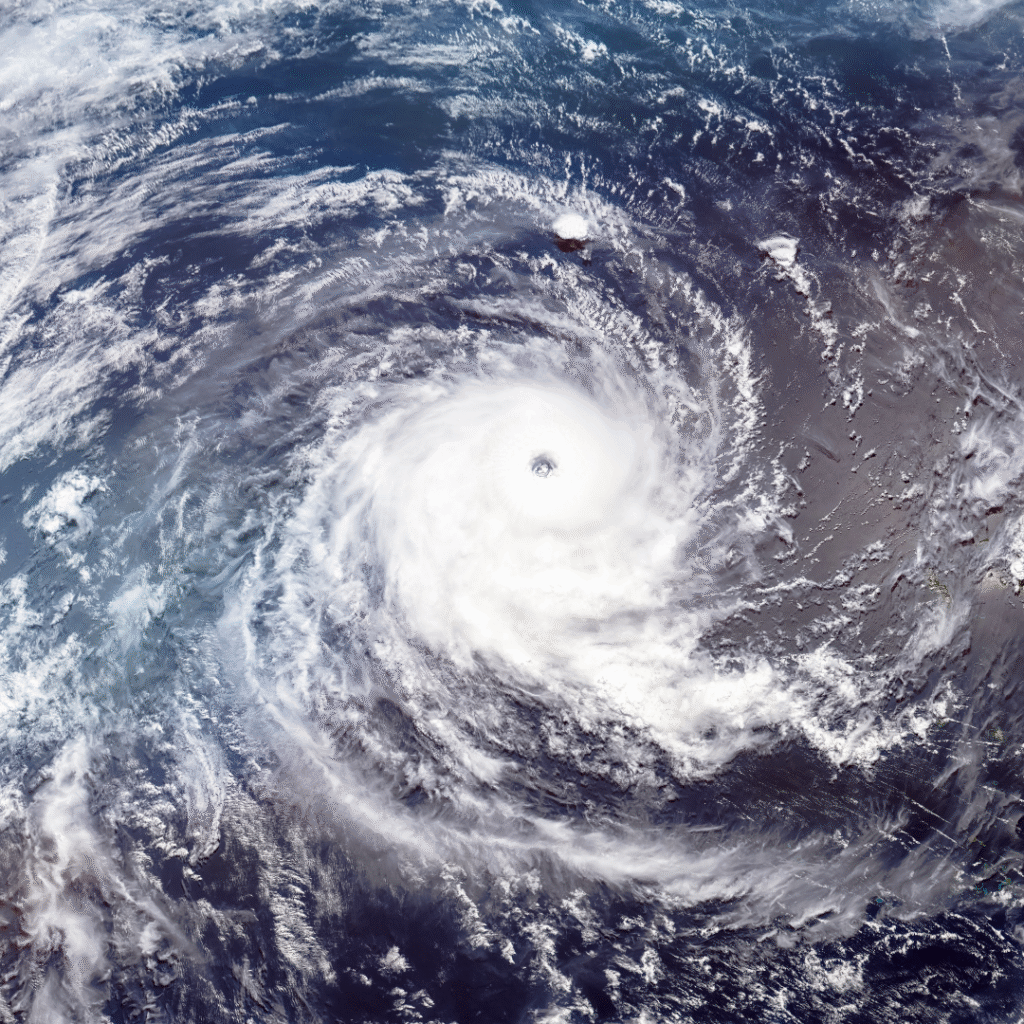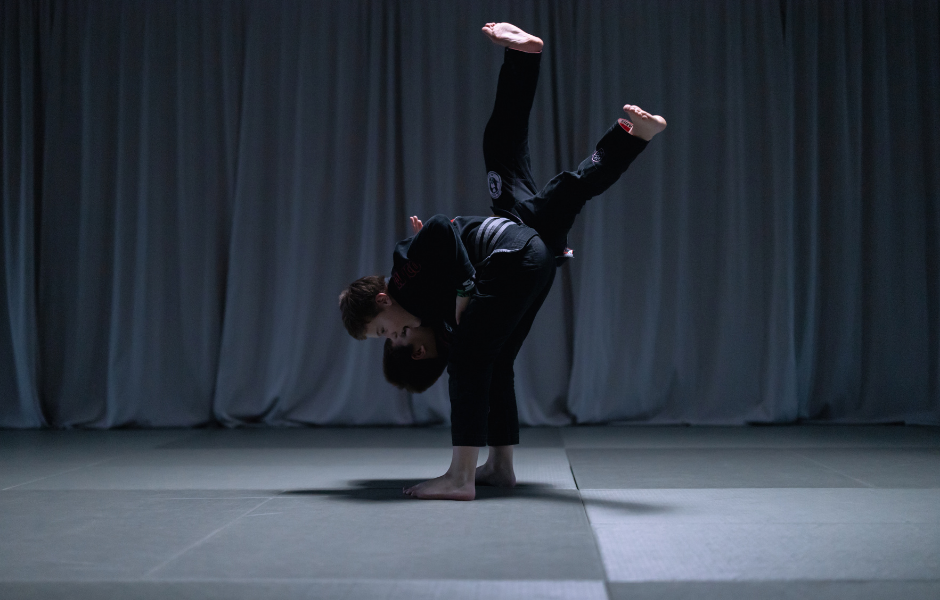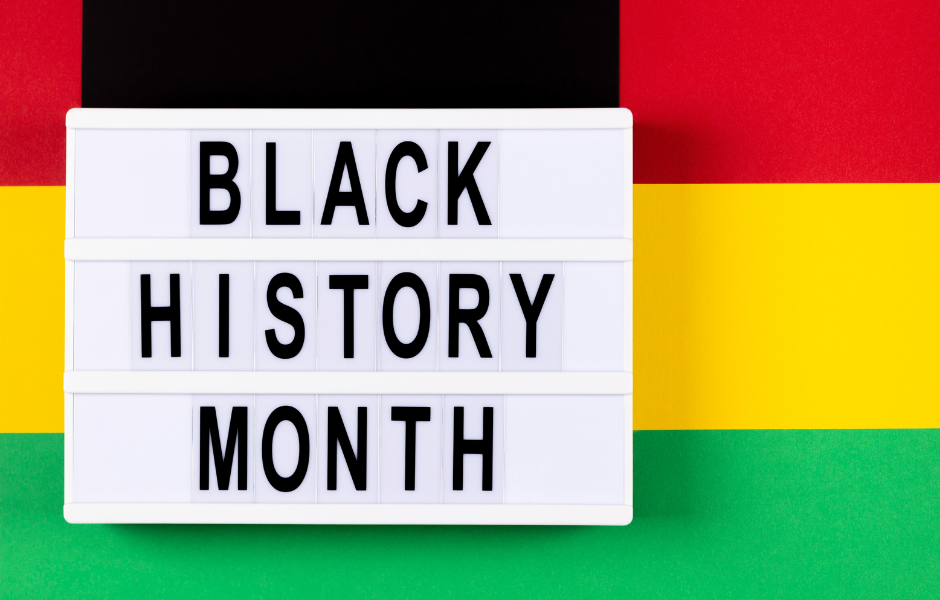
This children’s article, Where have all the birds gone? A kids’ guide to UK wildlife in trouble, has been written for native English speakers and learners of English as a second or foreign language. It can help children practise reading and comprehension, learn new words, and explore the important topic of birdlife in Britain. Written by Sinead O’Carroll, an experienced teacher and writer.
Why are UK birds vanishing?
Have you noticed fewer birds in your garden, park, or on countryside walks? Scientists say many wild birds in the United Kingdom are disappearing, and the drop is bigger than anyone expected.
Some of the most famous birds are in trouble. Skylarks, renowned for their beautiful songs, and turtle doves, which are symbols of peace, have both declined in huge numbers in recent decades. Even once-common sparrows and starlings are harder to spot in cities and towns.
Why are bird numbers falling?
Birds need safe places to nest and plenty of food to eat. Modern farming has changed the countryside, and there are fewer wildflowers, seeds, and insects than before. Cities are also noisier and busier, which makes it harder for some birds to survive.
Climate change is another problem. Warmer weather can confuse birds about when to migrate or when to have their chicks. Storms and heatwaves can also destroy their homes or food supplies.
Why does it matter?
Birds are not just beautiful and fun to watch; they are an important part of nature. They eat pests, spread seeds, and keep ecosystems in balance. When bird numbers fall, it’s a warning sign that the environment is struggling.
Can anything be done?
The good news is that people can help. Farmers are planting more wildflower strips, and conservation groups are protecting wetlands and woodlands. In gardens, families can put up bird feeders, leave out water, and grow plants that attract insects.
Everyone has a role in helping birds thrive again. Next time you hear a bird sing, remember that its future depends on how well we care for nature.
For more information, you can explore the RSPB website, which works to protect birds and wildlife.

Article vocabulary list
- Species – a group of animals or plants that are the same kind
- Decades – periods of ten years
- Countryside – land outside towns and cities, with farms, fields, and nature
- Nest – a home that birds build to lay eggs and raise chicks
- Migrate – when animals move from one place to another at certain times of the year
- Ecosystem – all the living things in an area, and how they work together
- Conservation – protecting and taking care of nature and wildlife
Comprehension questions
Just click the plus (+) to see the answer
1. Which two bird species have seen their numbers decline sharply in the UK?
a) Skylarks and turtle doves
b) Penguins and flamingos
c) Owls and puffins
Answer: a) Skylarks and turtle doves
2. What do birds need in order to survive?
a) Safe places to nest and plenty of food
b) Colourful feathers and long beaks
c) Cities and loud noises
Answer: a) Safe places to nest and plenty of food
3. How has modern farming affected birds?
a) It gives them more seeds and insects
b) It has reduced wildflowers, seeds, and insects
c) It has made them migrate less
Answer: b) It has reduced wildflowers, seeds, and insects
4. What problem can warmer weather cause for birds?
a) Confusing them about when to migrate or raise chicks
b) Making them sing louder
c) Giving them too many nests
Answer: a) Confusing them about when to migrate or raise chicks
5. Why are birds important for nature?
a) They decorate the sky with colour
b) They spread seeds, eat pests, and balance ecosystems
c) They teach humans how to fly
Answer: b) They spread seeds, eat pests, and balance ecosystems
6. What is one way families can help birds at home?
a) Put up bird feeders and grow insect-friendly plants
b) Chase birds from the garden
c) Play loud music for them
Answer: a) Put up bird feeders and grow insect-friendly plants
Sinead is a writer and EFL teacher with eight years’ experience. She’s a native English speaker who loves making news stories fun and easy to understand for children around the world. Her passions include travel, animals, and helping to make the world a kinder, more sustainable place.




